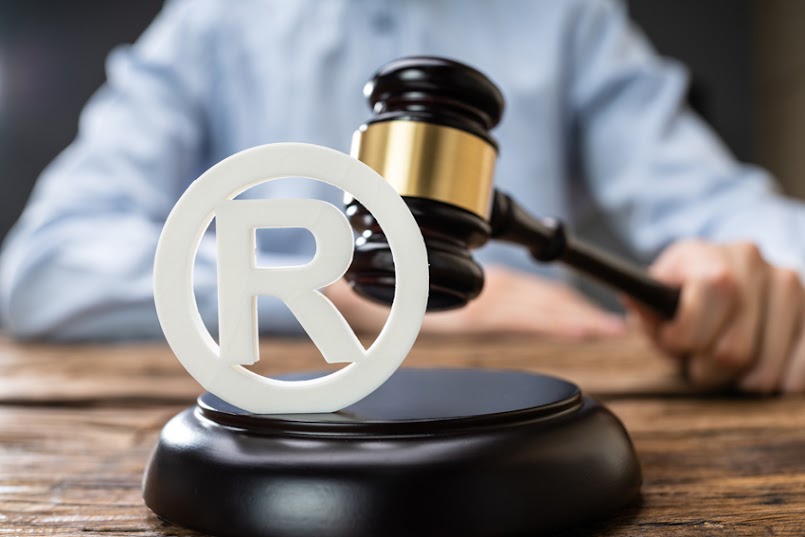Hashtags as Intellectual Property
If you’ve spent any time on social media platforms, you’ve come across the term “hashtag” (referred to in keyboard signage as “#”). A hashtag is a phrase or word preceded by this “#” sign and is used to categorize accompanying text content. It’s staggering just how many people are using these so-called hashtags today – from TV news anchors to socialites like the Kardashians who boast millions of “followers” via their social media feeds; it seems today, a hashtag reference accompanies everyone's name.
This trend has carried over to the business sector, what with hashtags helping businesses to promote themselves and the products or services they offer, as well as representing a way to rapidly share news about these products or services, all the while interacting with their customers. There are two issues that almost always come to the forefront of conversations: Whether a business can or should “protect” its hashtags, and whether one’s use of another entity's trademark as a hashtag constitutes trademark infringement (or, conversely, whether a third-party is infringing upon a trademark when a hashtag is used containing another entity's mark).
Can a Hashtag Qualify as Intellectual Property?
First, let’s get this out of the way: A trademark refers to any symbol, phrase, word, design or any combination of these utilized to establish the services or goods of one organization or person from those of another. That said, the US Patent and Trademark Office (USPTO) refers to a hashtag as “a form of metadata comprised of a word or phrase prefixed with the symbol ‘#’” (as we previously covered); often used on social media websites, these forms identify or facilitate a keyword or topic of interest search.
Since hashtags are not considered inventions or ideas subject to patent protection – and can't qualify for copyright protection because they're too short – your best avenue for securing rights to your hashtag creations is by contacting your trademark lawyer for protection.
Should You Protect Your Hashtag?
Now we get into the meat and potatoes, so to speak, of this post topic: Whether a business should attempt to register, at a federal level, a particular hashtag to protect it as a trademark. Though we answered this query in the last sentence of the previous paragraph, we need to go into some more detail here.
It basically boils down to whether the "underlying mark" or hashtag can be registered and whether either of them is distinctive (inherently) in relation to the services or products it is being applied to; this is very much like the debate several years ago concerning the rush to register marks that ended in “.com.” The Patent and Trademark Office notes that incorporating the term "hashtag" or the “#” symbol doesn't inherently render any other term or a mark distinctive, and fails to provide any function that's source-indicating due to the mere facilitation of searching amidst categorization and online social media. Thus, a mark including or comprising the term "hashtag" or the hash symbol is registerable as a mark only if “the underlying mark functions as an identifier of the source of the products and services of the applicant.”
Okay, so let’s break this down a bit more succinctly. The following factors are what the USPTO considers when deciding on registration of a hashtag:
- Context
- Placement of the hash symbol in the mark
- Use of the hashtag
- Types of goods or services identified
So, the hashtag is deemed not protectable if being used to reference a company’s social media campaign or to index a social media message – like any other trademark, the hashtag must be used to identify the source of a product or service. And, directly affecting whether the hashtag is protectable are the types of goods or services identified.
In deeming whether your business should protect its hashtags, you must consider the length of time a hashtag offers value to the company. Taking any substantive refusals out of the equation, it usually takes between six and eight months for registration of a mark, so it is likely not worth pursuing registration if a hashtag will only have a short-term use.
Something Else to Consider: Can Using a Hashtag be Considered Trademark Infringement?
Can use of someone else’s trademark as a hashtag constitute trademark infringement? And, while we’re on the subject, can someone else’s use of your trademark as their hashtag infringe your mark? This area gets very complicated for a myriad of reasons, and is in a constant state of transition, so cases are unpredictable and can go both ways:
- One court ruled that although a hashtag comprises the registered mark of another entity, the hashtag is merely a tool of a function used to guide consumers toward a particular promo, and as such is not an infringing act.
- Another court, subsequently, in the Central District of California established that “hashtags are merely descriptive devices, not trademarks.”
There are, however, a few cases that seem to support trademark enforcement against the use of hashtags; one such case, in the context of a preliminary injunction analysis, found that the use of a hashtag to be “relevant to the likelihood of confusion analysis” and “evidence of an intent to trade off the trademark owner’s goodwill.” The problem with these cases, though, revolves around their involvement in what's known as preliminary determinations and didn't yield the ultimate ruling regarding a hashtag infringing or not infringing the asserted mark.
The Bottom Line
At the moment, businesses and corporations alike should use caution in this area, avoiding the use of any marks claimed by another party as part of their hashtags for their products and services. Similarly, trademark owners are advised to monitor their marks to ascertain if others are utilizing them in hashtags on social media.
About the Author
Fran Perdomo is a leading NYC Intellectual Property Lawyer. To learn more, please visit her website at PerdomoLaw.com




Comments
Post a Comment